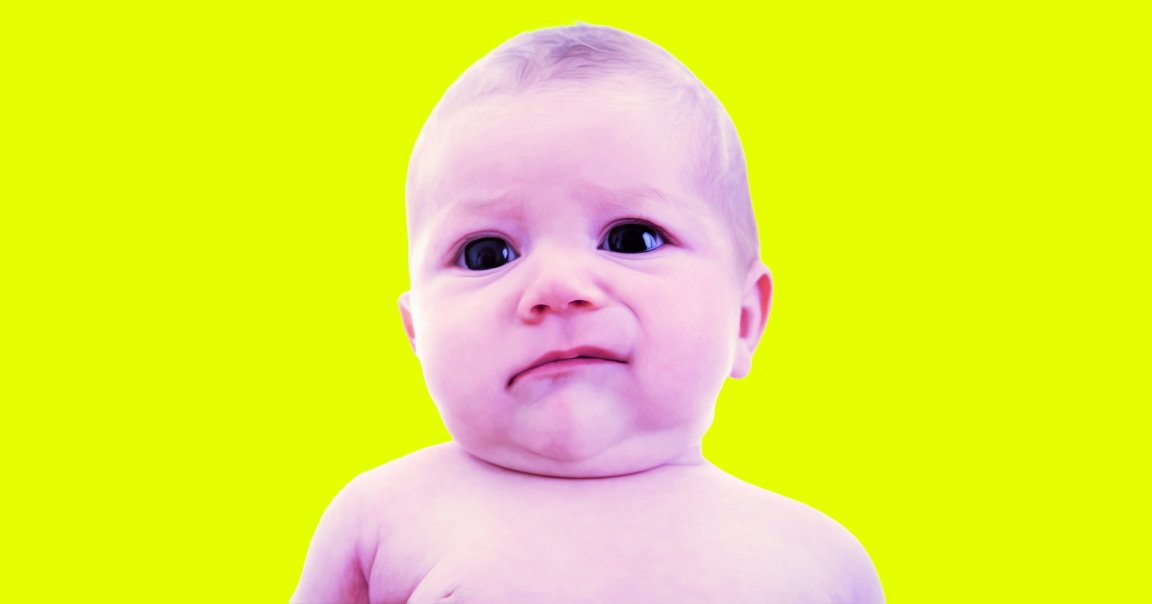
Next time you see your baby trying to play or talk, pay close attention — because it may give you a strong clue about how intelligent the kiddo will turn out as an adult, according to a new paper in the journal PNAS.
A team of scientists led by the University of Colorado Boulder have found that cognitive tests on babies as young as seven months can anticipate their future performance as 30-year-old adults on intelligence tests.
“We certainly do not want to imply that cognition is somehow fixed by seven months old,” said first author Daniel Gustavson, an assistant research professor at the university’s Institute for Behavioral Genetics, in a statement. “But the idea that a very simple test in infancy can help predict the results of a very complicated cognitive test taken 30 years later is exciting.”
But all isn’t lost if your baby seems slow on the uptake right now: the scientists also determined that environmental factors have an impact on childhood development.
The researchers examined data from the Colorado Longitudinal Twin Study, which was started in 1985 and involved more than 1,000 twins who were followed since they were babies in order to study the impact of genes and environment.
Previous research has already found that general cognitive ability doesn’t shift much after a kid is eight years old or so, but this team wanted to investigate if this was also true starting from when children are very young.
The researchers looked at several metrics to assess cognitive ability in babies, such as the focus and vocalization found in baby babbles. From these yardsticks, they determined that two metrics — object novelty and task orientation — strongly predicted the cognitive abilities of the tykes once they hit adulthood.
They also compared identical and fraternal twins, from which they determined that 22 percent of the variance in adult cognitive ability was connected with genetic influences present in children three years of age or younger. However, they also found out that environmental influences when a child was one or two years old could explain 10 percent of variability in adult cognitive tests.
Perhaps this finding will dispel the notion that genes have a total monopoly on intelligence, especially in light of right wing activists recently glomming onto race science and IQ.
After all, the human brain is complex; if you feel dumb, maybe you just haven’t found the right type of task yet.
More on babies: The World Birth Rate Is Now Dropping Precipitously